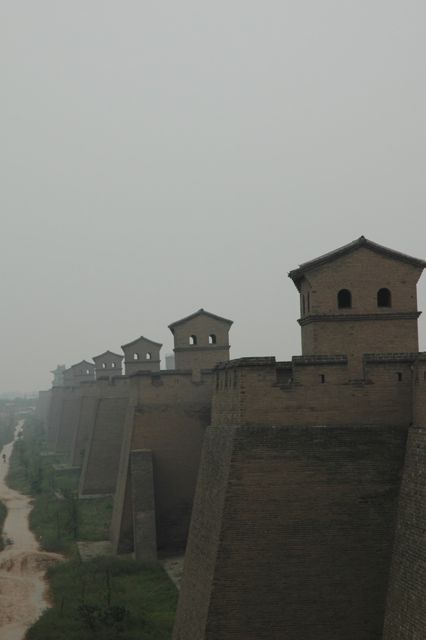This is shocking, if not too surprising.
LOUHE, China — Xu Lindong, a poor village farmer with close-cropped hair and a fourth-grade education, knew nothing but decades of backbreaking labor. Even at age 50, the rope of muscles on his arms bespoke a lifetime of hard plowing and harvesting in the fields of his native Henan Province.
But after four years locked up in Zhumadian Psychiatric Hospital, he was barely recognizable to his siblings. Emaciated, barefoot, clad in tattered striped pajamas, Mr. Xu spoke haltingly. His face was etched with exhaustion.
“I was so heartbroken when I saw him I cannot describe it,” said his elder brother, Xu Linfu, recalling his first visit there, in 2007. “My brother was a strong as a bull. Now he looked like a hospital patient.”
Xu Lindong’s confinement in a locked mental ward was all the more notable, his brother says, for one extraordinary fact: he was not the least bit deranged. Angered by a dispute over land, he had merely filed a series of complaints against the local government. The government’s response was to draw up an order to commit him to a mental hospital — and then to forge his brother’s name on the signature line.
It’s a long, painful article. Lots of things are way better in China than they were 10 years ago. The plight of those who question authority isn’t one of them. It’s all part of a campaign to maintain harmony at any and costs. Kudos to the NYT for having the patience to document this terrifying story so methodically.


Comments